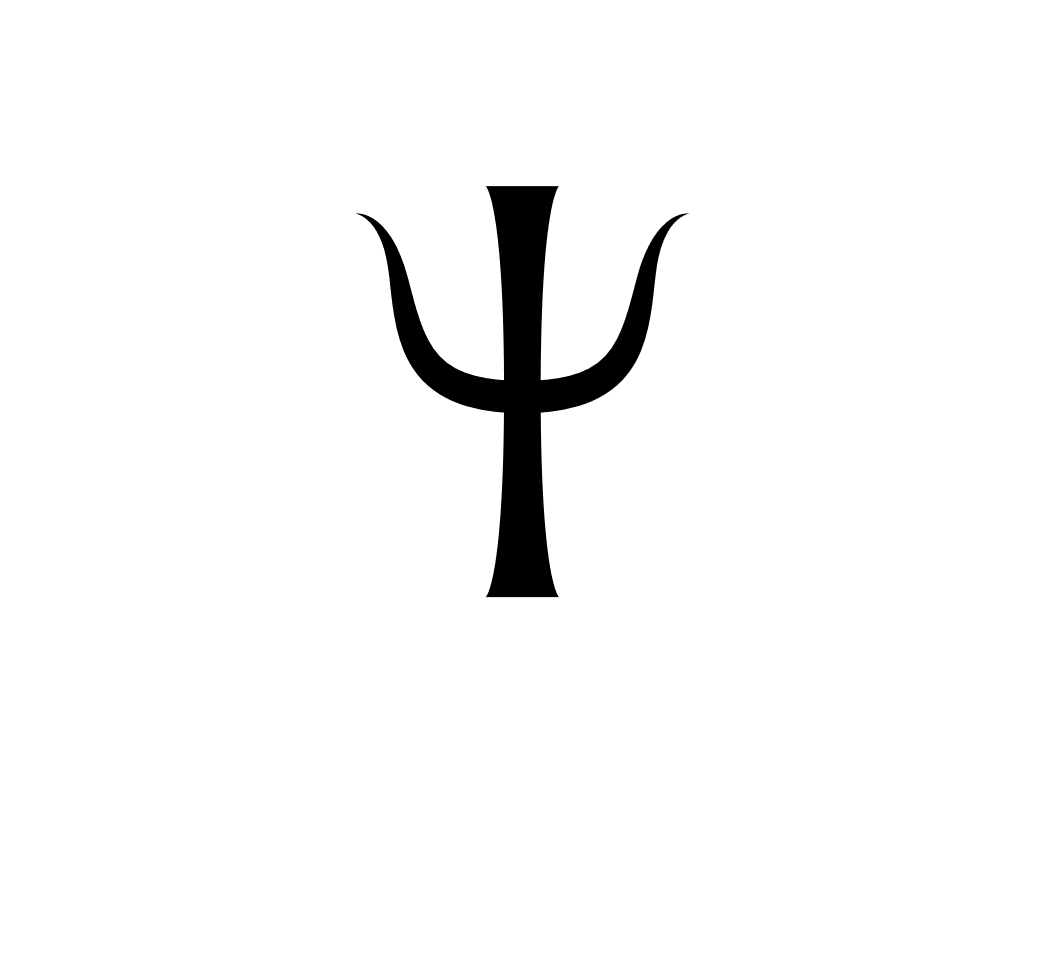One of the major goals of PsyentificTM Mind is to carry out research to determine if literacy can emerge seamlessly if it is constantly available at an early age in the same manner as spoken language. The success of this research will be a sea change for not only for schooling but society more generally. Illiteracy is prevalent around the world and discouragingly present even in American society. The economic costs allocated to remediation of delayed reading and the total costs for reading instruction are near a trillion dollars per year. A successful product will not only reduce illiteracy in society but also reduce the financial resources devoted to learning to read.
Although almost all of public spending is on children between the ages of 6 and 19, most brain growth occurs before age 6. Directing public funding for nurturing children for literacy before age 6 will utilize our national resources where they will have the most impact in improving the quality of life, especially those children who currently reside on the wrong side of the digital divide. Differences in language and literacy skills at school entry are shown to be the largest factor responsible for the achievement gap. Recent research confirms previous findings that early interventions in an intensive preschool and family support program attained higher educational levels, were more likely to be employed, and less likely to have problems with the legal system than were peers who did not attend the program.
The proposed research project will revolutionize scientific knowledge, technical capability, and/or clinical practice in language pedagogy. Scientists in these fields believe that written language requires formal instruction and schooling whereas spoken language is seamlessly acquired from birth onward by natural interactions with persons who talk. However, if written text is made available to children before they enter school, reading should also be learned inductively and emerge naturally. One of our proposed research projects proposes to test whether 1) young pre-literate children have a visual system that is mature enough to accurately track, discriminate, and categorize written language, 2) meaningful events can be determined by tracking caregivers’ speech using automated speech recognition, 3) which can be sufficiently accurate and fast when caregivers talk to infants, and 4) children are able to learn to read written language by simply exposing the written form in a reading window during natural meaningful interactions.
[fblike]
